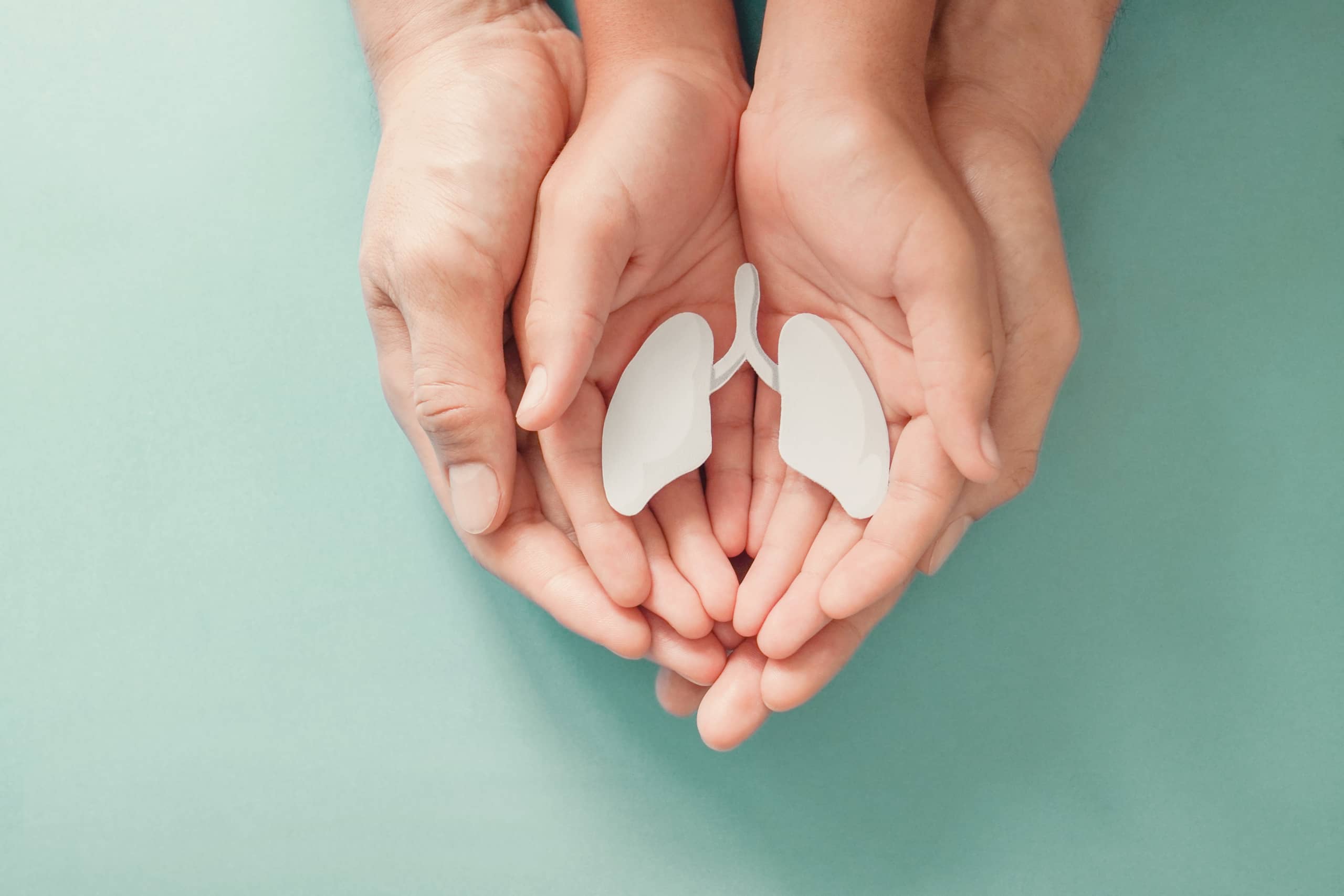Global TB deaths are increasing. CGD and OHE set out a “Market-Driven, Value-Based, Advance Commitment (MVAC)” that would create and guarantee a market for a breakthrough…
Global TB deaths are increasing. CGD and OHE set out a “Market-Driven, Value-Based, Advance Commitment (MVAC)” that would create and guarantee a market for a breakthrough short, universal TB regimen tackling MDR strains. An earlier 1998 OHE publication argued for the UK to move from universal use of BCG vaccination, unlikely to be cost-effective, targeting resources at high-risk groups. The UK discontinued routine TB vaccination in 2005.
The theme of World TB Day 2022 is “Invest to End TB. Save Lives.” Much progress has been made in reducing deaths from TB, but, as a 2020 paper from OHE and Center for Global Development (CGD) authors highlighted ( Chalkidou et al., 2020), the rate of decline is slow, and the 2035 Strategic Development Goal (SDG) and Convergence targets (with all middle and low income counties (MLICs) achieving the low mortality rates of the best performing ones) may not be achieved until 2074, nearly 40 years later than anticipated. Indeed, WHO has highlighted that decades of progress halted in 2020 with global TB deaths increasing.
The 2019 Lancet Commission on TB set out the need for more resources to increase the availability of treatment and for the strengthening of universal health coverage to support diagnosis and delivery. But it also highlighted the need for new treatments for multi-drug resistance (MDR) TB, and for better diagnostics and vaccines. In 2020, CGD and OHE set out a blueprint for a novel financing mechanism to get a new universal regimen for TB, the “Market-Driven, Value-Based, Advance Commitment (MVAC)” that would create and guarantee a market for new TB drugs if and when innovators succeeded in developing and launching a breakthrough TB regimen, defined as a short, universal regimen which tackles different types of TB, including MDR strains. Five middle-income countries (MICs)—India, China, Indonesia, Russia, and South Africa—account for over 40 percent of TB cases and 55 percent of MDR cases. They will get the greatest benefit from new TB treatments. The MVAC would enable them to shape the innovation agenda, adding an HTA value-based purchase commitment (building on earlier advance market and purchase commitments) to “push” based development funded in product development partnerships.
Whilst the major burden is now in MLICs, TB has not gone away in the UK. But we should recognise the success achieved by the UK NHS. OHE published more than 100 booklets on various diseases and conditions as part of a series on “current health problems”. The first and the last of the disease state papers were on the same illness: tuberculosis, as set out in an earlier OHE blog .
The 1962 publication noted that TB was the main cause of death in the UK at the end of the 19th century. Rates of decline accelerated after 1948 with the introduction of universal health coverage, new TB drugs, and, in 1953, a BCG childhood vaccine programme. By 1960 TB incidence had been reduced to an estimated 20,000 cases and around 2,250 deaths which “opened up the possibility of the final defeat of TB in Britain within 15 years”. The 1998 publication noted that, however, that this optimism was misplaced. “The continual decline in TB-associated morbidity and mortality that had occurred throughout this century (except during the war-effected 1940s) has not been apparent during the current decade. The 1990s have been a period when TB notifications have levelled out and, indeed, have even increased. The global problem is even more acute.” The WHO declared TB a global emergency in 1993. Nick Marchant, the OHE author, noted the rise of HIV infection as a risk factor for TB infection, the challenges delivering directly-observed treatment, short-course (DOTS) in some health care settings, and the rise of multi-drug resistant TB.
He argued for a shift in UK strategy, away from universal use of the BCG vaccination, which was unlikely to be cost-effective, towards a more targeted use of resources aimed at high-risk groups. The UK discontinued its routine routine programme to vaccinate schoolchildren against tuberculosis with BCG vaccine in 2005. Despite this targeting, whilst the UK had an estimated 6000 cases in 1998, these increased to a peak in 2011 at 8250. However, they declined to 4000 cases in 2020 ( UK Health Security Agency, 2021). The NHS is targeting further reductions to achieve the 2035 WHO target of a 90% reduction in incidence from 2015 levels in the 2021 TB Action Plan for England.
Related Research
Office of Health Economics (1962). Progress against Tuberculosis. Available from Progress against Tuberculosis (ohe.org)
Marchant, N. (1998) Tuberculosis. OHE Series on Health. Available from https://www.ohe.org/publications/tuberculosis.
Kettler, H. and Towse, A. (2002) Public Private Partnerships for Research and Development: Medicines and Vaccines for Diseases of Poverty. OHE Monograph. Available from https://www.ohe.org/publications/public-private-partnerships-research-and-development-medicines-and-vaccines-diseases
Towse, A. and Kettler, H. (2005) Advance price or purchase commitments to create markets for treatments for diseases of poverty: Lessons from three policies. Bulletin of the World Health Organization. 83(4), 301-307. Available from https://www.who.int/bulletin/volumes/83/4/en/301arabic.pdf
Mills, A. (2015) Universal Health Coverage: The Holy Grail?. OHE Monograph. Available from https://www.ohe.org/publications/universal-health-coverage-holy-grail.
Chalkidou, K., Garau, M., Silverman, R., and Towse A. (2020). Blueprint for a Market-Driven Value-Based Advance Commitment (MVAC) for Tuberculosis. Center for Global Development. Available at: https://www.cgdev.org/publication/blueprint-market-driven-value-based-advance-commitment-tuberculosis
Chalkidou, K., Towse, A., Silverman, R., Garau, M., Ramakrishnan, G., 2020. Market-driven, value-based, advance commitment (MVAC): accelerating the development of a pathbreaking universal drug regimen to end TB. BMJ Global Health. DOI: 10.1136/bmjgh-2019-002061
